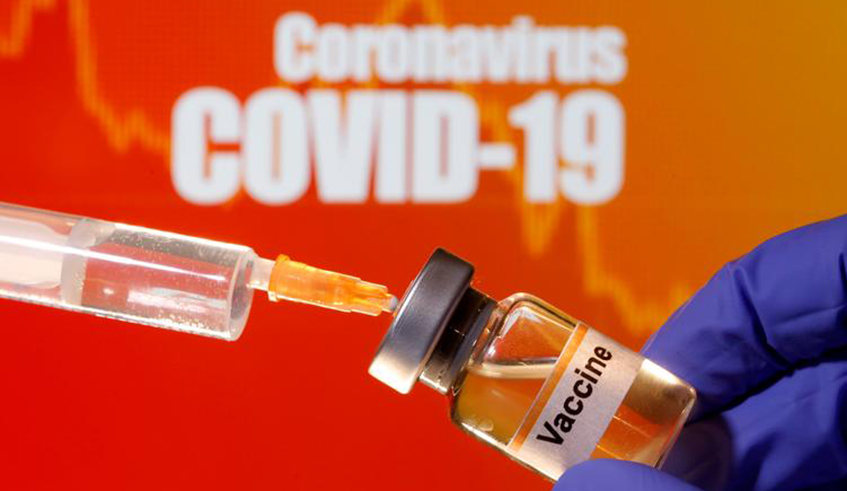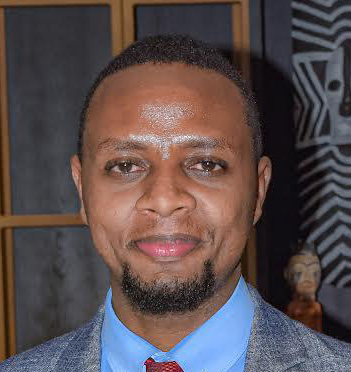

There are currently close to 200 vaccines for Covid-19 under development across the world, but Oxford University in the United Kingdom is leading the race to develop the world’s first vaccine against the virus.
According to a tally maintained by the Milken Institute, an American think-tank, 197 vaccines were in development, as of July 20, but the vaccine development is evolving rapidly.
The institute indicates that 19 vaccines are currently in clinical testing, reflecting the fact that the race to develop, approve, and manufacture a Covid-19 vaccine is urgent.
However, none of the on-going global vaccine development efforts matches that of Oxford University, which reportedly has received a lot of funding from different players.
Oxford’s vaccine is already in three late-stage trials. Only one other vaccine, developed by Sinopharm, a Chinese firm, has started a late-stage trial.
AstraZeneca, a British pharmaceutical company, is building an international supply chain to make sure that once approved, the vaccine is available widely and rapidly.
The firm reached an agreement in June with Europe’s Inclusive Vaccines Alliance (IVA), spearheaded by Germany, France, Italy and the Netherlands, to supply up to 400 million doses of the Oxford’s potential Covid-19 vaccine.
The Company recently completed similar agreements with the UK, US, the Coalition for Epidemic Preparedness Innovations and Gavi the Vaccine Alliance for 700 million doses.
Jean Claude Ngabonziza, a researcher at Rwanda Biomedical Centre (RBC) believes once the vaccine is approved, it could take a few months before the entire world accesses it.
"As soon as the vaccine is confirmed effective, access will be quick due to globalisation and a lot of efforts (are in place) to make it possible for distribution, are in place,” he said.
He estimates it could take less than three months before Africa accesses the Covid-19 vaccine once it’s available, and that is perhaps because there are a lot of partnerships in place.
Existing partnerships such as that between GAVI and AstraZeneca could make it possible for Rwanda and other African countries to access the vaccine once it’s been approved for public use by regulators.
The Vaccine Alliance, which currently supports efforts for vaccine development for Covid-19 outbreak, already works with Rwanda and many other African countries.
President Paul Kagame told participants at the UK-hosted Global Vaccine Summit in June this year that GAVI has helped Rwanda achieve 95 per cent coverage for the most common vaccine preventable diseases.
AstraZeneca also agreed a license with the Serum Institute of India for the supply of an additional one billion doses, principally for low-and-middle-income countries.
Total manufacturing capacity currently stands at two billion doses, it said on June 13.
"The Company is building a number of supply chains in parallel across the world to support global access at no profit during the pandemic and has so far secured manufacturing capacity for two billion doses of the potential vaccine,” the firm said.
The Economist reported recently that it might be clear by the end of next month, August, whether or not the vaccine is effective.
A single successful trial showing efficacy would allow a regulator to approve the vaccine for emergency use – something that would probably pave the way for use in high-risk groups. That could happen in October.
AstraZeneca told the Economist that full approval, which would require results from multiple trials, could come early in 2021.
Vaccine devt process
The vaccine development process typically takes a decade or more, but Covid-19 timelines are being compressed due to the global urgency of the pandemic, according to Milken Institute.
Some suggest a timeline from start of development to public use is 12-18 months from January 2020, when the genetic sequence of the virus that causes Covid-19 was published.
With Oxford reaching a third late-stage clinical trial, it paves way for the vaccine being developed by the University to be reviewed by regulators before it could be approved for wide use.
Normally, regulatory review can happen while manufacturing has started, which in normal circumstances typically takes 1-2 years, but for Covid-19, it has been expedited to take a few months.
To expedite development and distribution of a vaccine, unprecedented international alliances have been formed and billions of dollars have been allocated.


